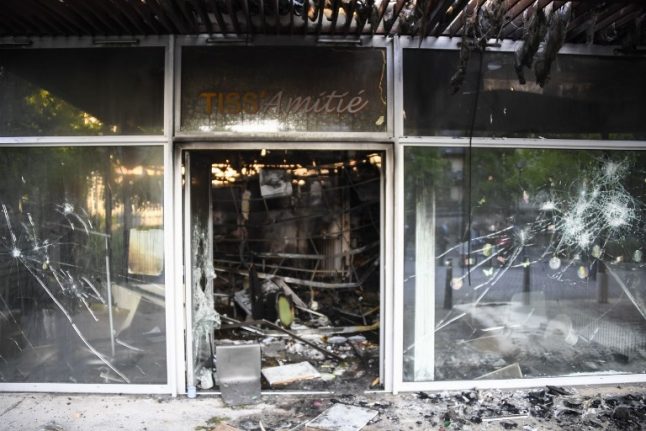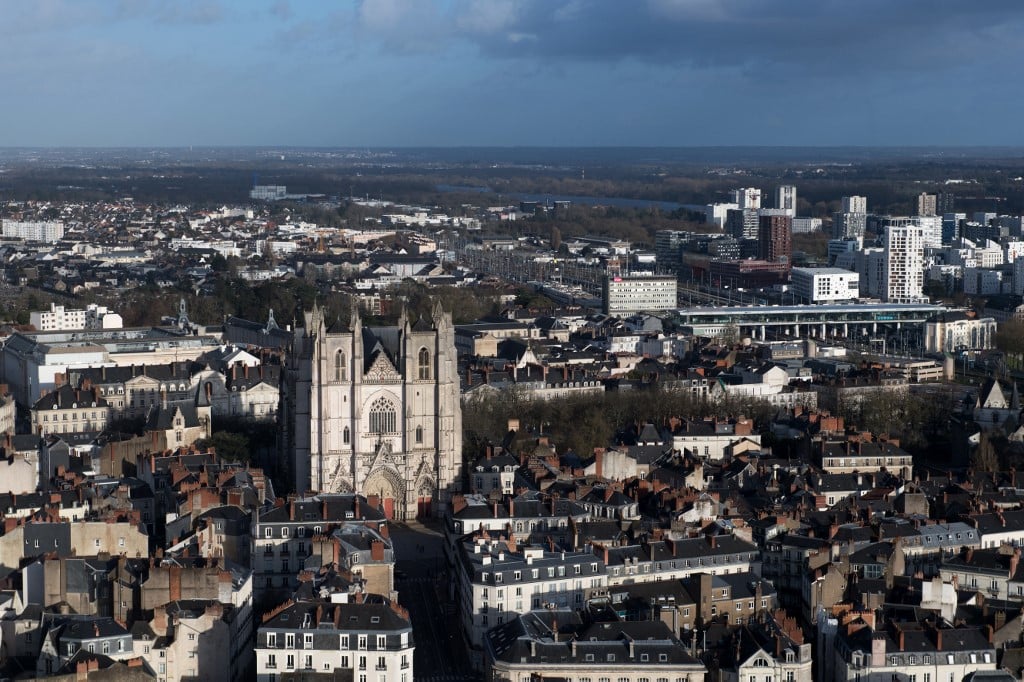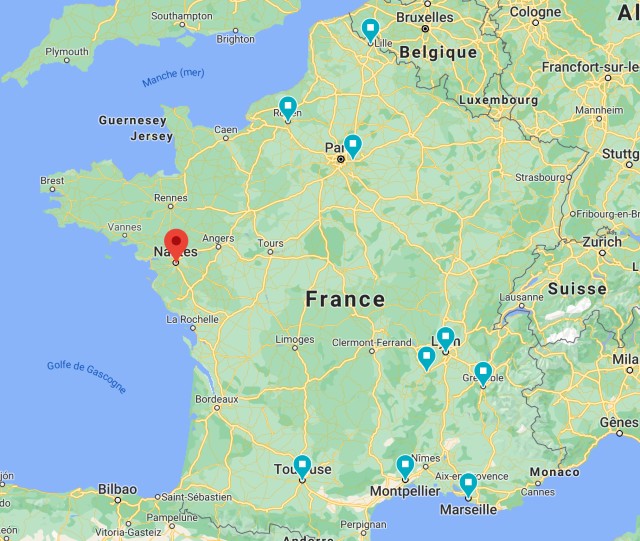- French city rocked by second night of major riots after deadly police shooting
- Clashes in western France after police shoot young man dead
Les voitures incendiées se multiplient à #Nantes, ici à Rezé, suite au décès survenu dans le quartier de #Breil après un contrôle de police pic.twitter.com/m7zBm8jcwY
— Olivier?Dassonville, #web2day rules! (@TheDarkPixel) July 6, 2018






 Please whitelist us to continue reading.
Please whitelist us to continue reading.
One less criminal to worry about and the cost of keeping him in jail.